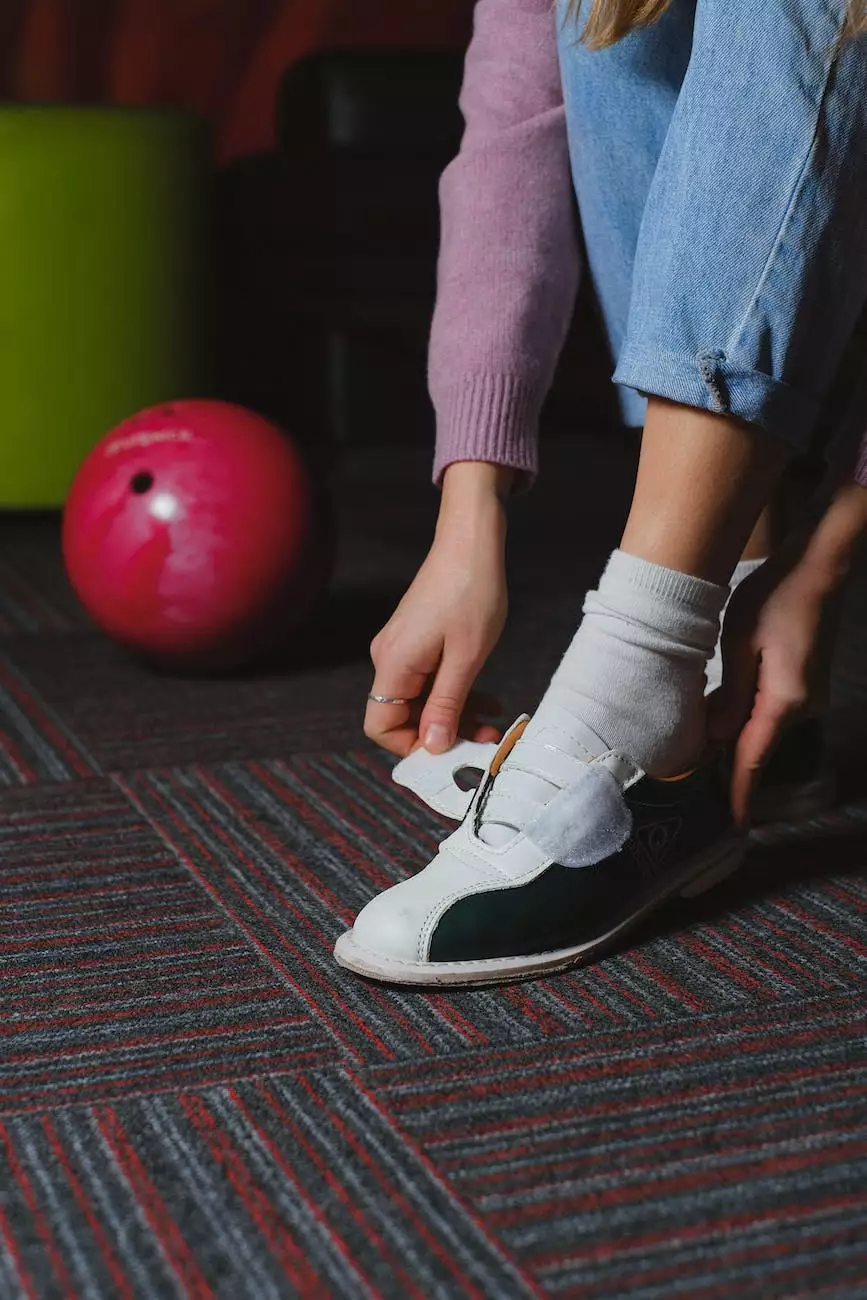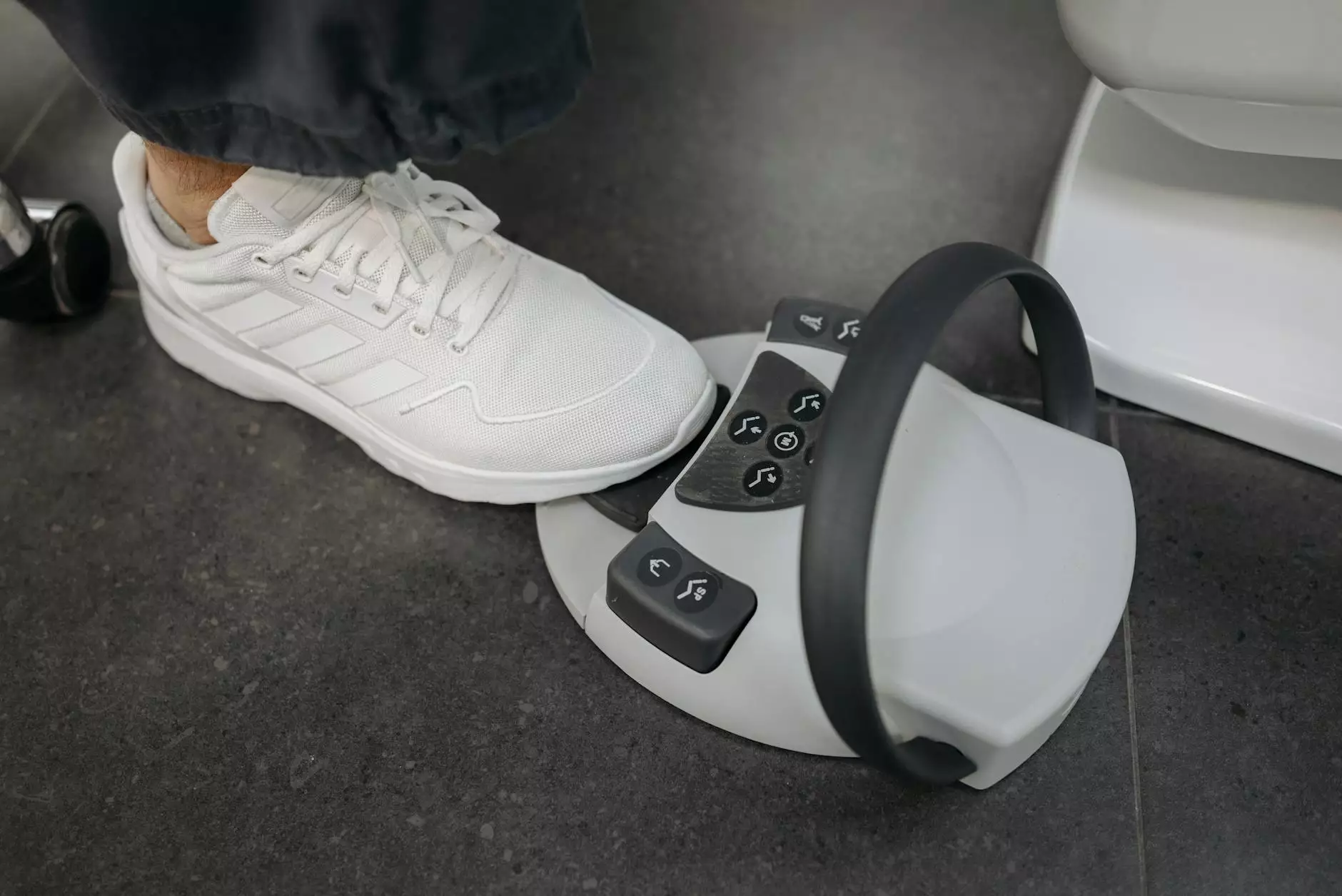Corns: What Are They, and How Do You Get Rid of Them
Blog
Understanding Corns
As a leading expert in the field of orthopaedics, Bowling Orthopaedics is dedicated to providing valuable information about various foot conditions. In this article, we aim to educate you about corns, including their causes, symptoms, and effective treatment options.
What Are Corns?
Corns are small, hardened areas of skin that typically develop on the feet due to excessive pressure or friction. They are a common foot problem that can cause discomfort and pain, interfering with your daily activities.
Causes of Corns
Corns generally develop in response to repetitive actions or pressure on specific areas of the foot. Some common causes include:
- Ill-fitting footwear: Wearing shoes that are too tight or too loose can increase the likelihood of developing corns.
- Toe deformities: Conditions such as hammertoes or claw toes can contribute to corn formation.
- High-impact activities: Engaging in activities that put excessive stress on the feet, such as running or jumping, can lead to corn development.
- Foot abnormalities: Structural foot abnormalities, like bunions or flat feet, can contribute to the formation of corns.
Symptoms of Corns
Corns often present the following symptoms:
- Hardened areas of skin: Corns have a thick, toughened appearance, usually with a central core.
- Pain and tenderness: Corns can cause discomfort, especially when pressure is applied.
- Localized swelling: In some cases, the surrounding skin may become swollen and inflamed.
Getting Rid of Corns
At Bowling Orthopaedics, we understand the importance of finding effective solutions to alleviate corn-related discomfort. Here are some proven methods to get rid of corns:
1. Proper Footwear
Ensuring that you wear well-fitting shoes is key to preventing and treating corns. Look for shoes with a roomy toe box and adequate cushioning to reduce pressure on your feet.
2. Padding and Cushions
Using non-medicated pads or cushions can help relieve pain and reduce friction on corns. Applying them correctly can provide necessary protection and support to promote healing.
3. Salicylic Acid
Over-the-counter salicylic acid treatments, available in the form of patches, drops, or creams, can be effective in softening the hardened skin and facilitating corn removal. Follow the instructions carefully and consult a healthcare professional if needed.
4. Regular Exfoliation
Gently exfoliating the affected area with a pumice stone or foot file after soaking your feet in warm water can help reduce the thickness of the corn and promote healing.
5. Seeking Professional Assistance
If conservative treatments fail to provide relief, it is recommended to visit a qualified orthopaedic specialist like Bowling Orthopaedics. They can offer advanced treatment options, including:
- Corn removal: A medical professional can carefully and painlessly remove the corn using specialized tools.
- Orthotic devices: Custom orthotic devices can help redistribute pressure on the foot, reducing the likelihood of corn recurrence.
- Surgical intervention: In severe cases, surgery may be necessary to correct underlying structural abnormalities contributing to corn formation.
Prevention Tips
Prevention is always better than cure. Follow these tips from Bowling Orthopaedics to minimize the risk of developing corns:
- Choose proper footwear: Opt for shoes that fit well and provide adequate support.
- Keep feet clean and dry: Proper hygiene can prevent skin-related foot problems.
- Trim toenails properly: Cutting nails straight across can help avoid ingrown toenails and potential corn formation.
- Wear socks: Wear moisture-wicking socks to reduce friction and keep feet dry.
- Avoid high heels: Minimize wearing high heels or narrow-toed shoes for extended periods.
Trust Bowling Orthopaedics for Foot Health
Bowling Orthopaedics is dedicated to providing comprehensive knowledge and exceptional care when it comes to foot health. Our team of experienced professionals specializes in diagnosing and treating various foot conditions, including corns. Contact us today and let us help you get back on your feet, free from discomfort caused by corns.




